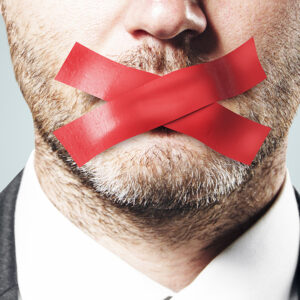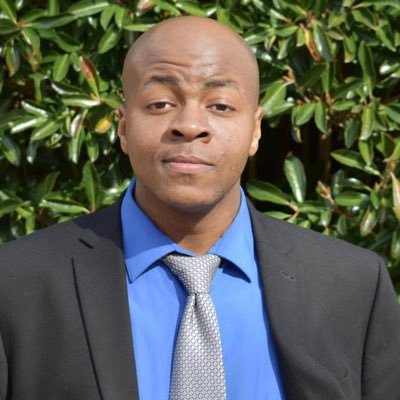Universities have long stood as bastions of intellectual exploration, critical thinking and the free exchange of ideas. However, the contemporary discourse surrounding Diversity, Equity and Inclusion (DEI) policies has sparked a heated debate, as these measures have been shown to impede the fundamental principles of free speech and open discourse.
Cornell University, known for its commitment to academic excellence, now finds itself at the heart of this debate as calls to re-evaluate its DEI policies gain traction. Against the backdrop of President Martha Pollack’s declaration of the “Year of Free Speech” for the 2023-2024 school year, a growing coalition of Cornell alumni, faculty and students — known as the Cornell Free Speech Alliance — assert that the school’s existing DEI policies pose a significant hindrance to the unfettered exchange of ideas.
DEI policies promoting “diversity and inclusivity” may sound innocent enough. However, there is an emerging paradox that needs careful consideration. The truth is that enforcing these policies has stifled open discourse by suppressing viewpoints that challenge the prevailing narrative. This suppression of dissenting perspectives undermines the very essence of a university as a space for intellectual exploration and rigorous debate.
One example of a DEI policy that is harmful to free speech is using “trigger warnings.” According to a piece in The Harvard Crimson that defended the policy, trigger warnings are notices placed on academic materials and books that may be “upsetting” to some students. In other words, proponents argue that professors can and should use trigger warnings to censor any material they deem controversial or challenging.
For example, a professor might put a trigger warning on a book about slavery, even though the book is an important historical document. This could discourage students from reading the book, and it could also send the message that the book is not worth reading.
Another one of the primary concerns voiced by those advocating for re-evaluating DEI policies is the climate of fear and self-censorship they have created. Today, universities often do not need to censor opinions with an iron fist because students and faculty are too afraid to express their views in the first place. When individuals fear backlash or ostracization for expressing viewpoints that might differ from the mainstream narrative, the atmosphere becomes less conducive to free speech. This hesitancy to voice contrarian opinions has stifled diverse ideas and ultimately hindered the intellectual growth that universities are designed to foster.
The use of DEI policies to censor speech is a dangerous trend. It is essential for universities to protect freedom of speech, even when it is controversial or uncomfortable. Universities should not be in the business of silencing dissenting voices. Instead, they should be places where students and faculty can freely debate and discuss ideas, even if they are unpopular. By taking these steps, universities can create a climate where freedom of speech can thrive.
Cornell University’s announcement of the “Year of Free Speech” offers a pivotal moment for introspection. It provides an opportunity to re-evaluate the university’s commitment to ensuring an environment where all perspectives can be openly discussed, debated and challenged.
It is hoped the university takes the coalition’s recommendations seriously. By scrutinizing the apparent conflicts between DEI policies and free speech, Cornell can set a precedent for universities nationwide grappling with similar challenges.


